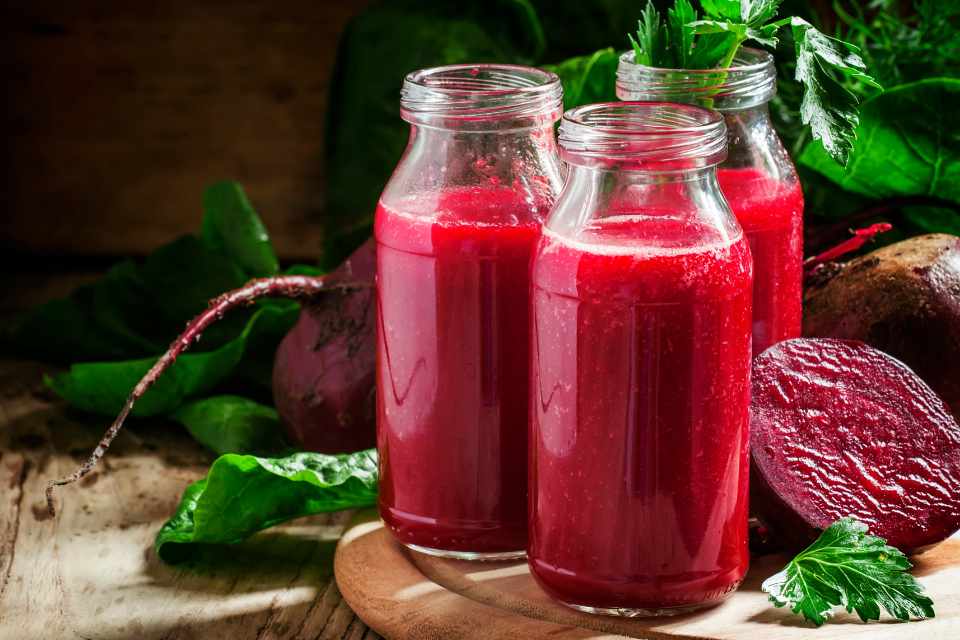The participants were aged between 65 and 79 and were not diagnosed with any chronic disease. The participants of the study were drawn from five areas across Europe, namely the UK, Ireland, France, Italy and the Netherlands. During the one year long study they were either assigned to the NU-AGE group or the control group. The NU-AGE group were encouraged to eat a Mediterranean-like diet with the addition of a daily low dose supplement of vitamin D3. Whilst people in the study control group ate their usual diet.
The Mediterranean-like diet was based on the NU-AGE dietary guidelines. Where NU-AGE stands for New Dietary Strategies Addressing the Specific Needs of the Elderly Population for Healthy Ageing in Europe.
The NU-AGE food-based guidelines encourage:
- a high intake of fruit, vegetables, unrefined cereals and olive oil
- a moderate intake of fish
- a low to moderate intake of dairy products
- a low intake of meat
- a moderate intake of alcohol
Vitamin D and bone mineral density
Vitamin D plays a crucial role in the development and maintenance of healthy bones. Studies show that it increases blood levels of calcium and phosphorous and promotes bone formation, so may help in preventing or treating osteoporosis. However, evidence that vitamin D supplementation alone can increase bone mineral density is lacking.
In the NU-AGE study a daily low-dose (10 μg) vitamin D3 supplement was included for people on the Mediterranean-like diet. The researchers explain that this was added to minimise the difference between the vitamin D status of people living in different parts of Europe, due to potentially different levels of sunlight exposure and habitual diet that might otherwise influence vitamin D levels.
Every participant in the study had before and after DXA scans of the whole body. The researchers noted that there were no significant differences in bone mineral density between the control group and the Mediterranean diet group, but the scans did show that approximately 8% of participants had osteoporosis at the start of the study.
When the study was over, the follow up scans showed that the Mediterranean diet together with the vitamin D supplement had no effect on the bones of elderly people without osteoporosis. However, in the subgroup of people with osteoporosis eating the Mediterranean diet and taking a vitamin D supplement, bone mineral density improved by 0.9% at the femoral neck, the strip of bone that joins the shaft of the thigh bone with the head of the thigh bone. Whilst the people with osteoporosis in the control group, eating their usual diet, lost even more bone mineral density in the femoral neck. Yet, there was no effect of the diet on bone loss at other sites, such as in the lumbar spine or the body as a whole.
Researchers suggested that the low level of vitamin D supplementation was unlikely to be responsible for the increase in bone mineral density. Whereas there were several possible ways in which the Mediterranean diet would benefit bone mineral density, including:
- a higher level of virgin olive oil consumption
- a reduced sodium intake due to eating less processed meat
- a higher intake of fruit and vegetables
In any case, the conclusion from the study was that in elderly Europeans, aged 65-79 years, a Mediterranean type diet with 10 μg vitamin D3 daily supplementation had no effect in those without osteoporosis, however it significantly reduced the rate of loss of bone at the femoral neck in individuals with osteoporosis.
If you liked this article you might also like:
Why NSAIDs are not the answer for your osteoarthritis
Cholesterol and the over 60s








0 Comments